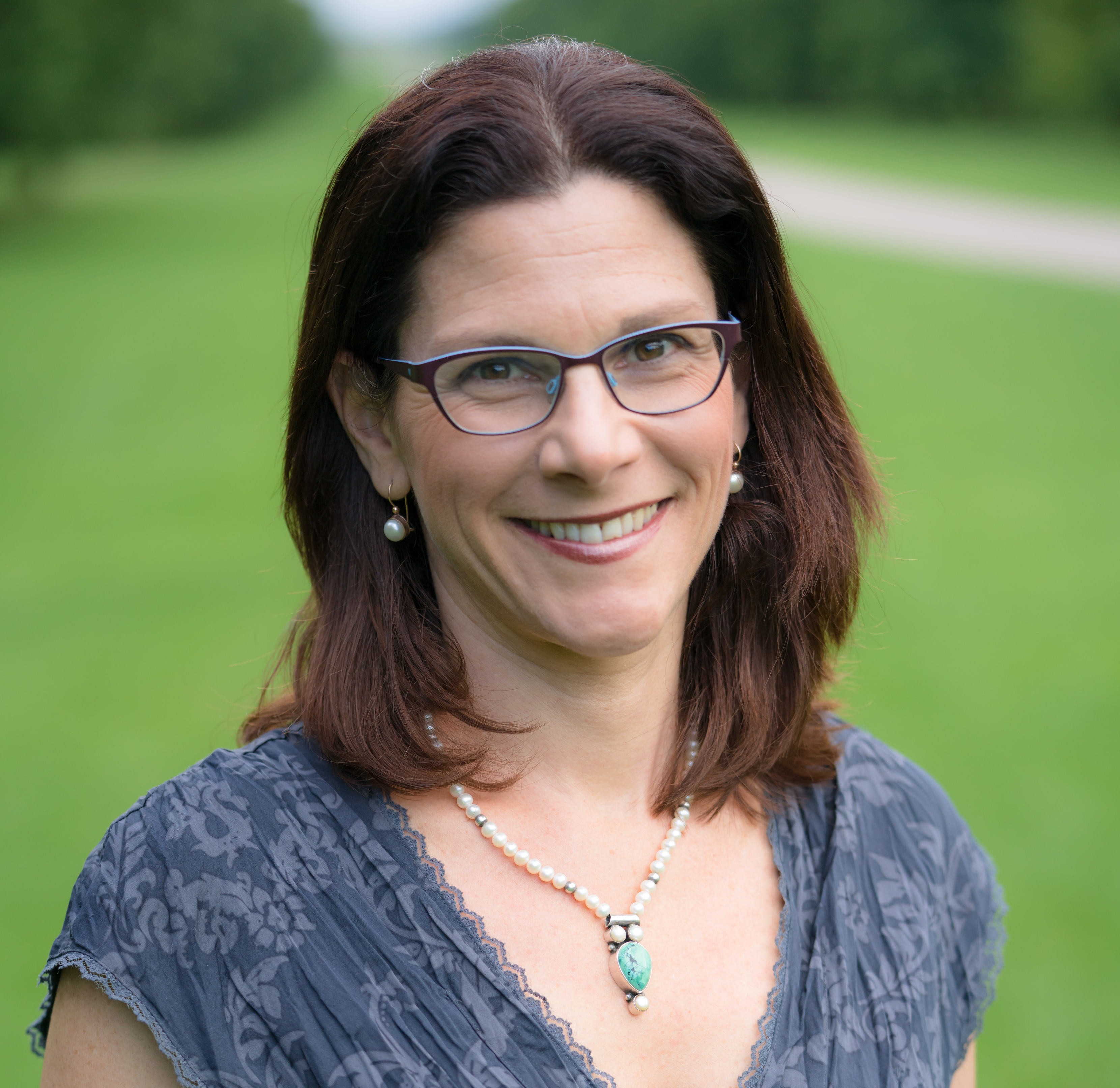Professor Shani Orgad is Professor in the Department of Media and Communications at LSE. Professor Orgad gained a Bachelor's degree in Media and Communications with Sociology and Anthropology from The Hebrew University in Jerusalem, following which she obtained both a Master's and PhD in Media and Communications at LSE. Her research interests include: gender, feminism and the media, media representations, inequality and contemporary culture, representations of suffering, migration and more.

Shani, did you always intend to go into academia? If not, what made you pursue a career in this field?
When I graduated my BA in Sociology, Anthropology with Media and Communications, my dream was to work in an advertising agency. I have always been fascinated by advertising. I loved reading novels and watching films that would often glamorise ad agencies as exciting, creative and dynamic workplaces. So, during the last term of my undergraduate studies I started an unpaid internship in an advertising agency, and shortly after was offered to become the firm’s media buying manager and co-lead its research team. I did this for a year: I worked very long hours, but it was a lot of fun. At the same time, I also became increasingly frustrated by the many limitations of this industry. In particular, I was extremely uncomfortable with the terribly sexist character of the field, and the stubborn stereotypes that advertising relies on and keeps perpetuating. When I tried challenging our creative team and/or some of our clients and invited them to entertain a different approach, it was frequently rejected. The marketing research I was engaged in was exciting, for example, surveys and focus groups with consumers. Yet I felt that in translating the findings of this research into practice, much of the complexity got inevitably lost. Clients were interested in the ‘bottom line’, while I wanted to engage with the contradictions, tensions, inconsistencies, and diverse aspects that came out from the data. I realised that there was one place where I could pursue this interest, and where this type of critical knowledge is appreciated and can become productive: academia. After a year of working in the ad agency, I applied to do my MSc in Media and Communications at LSE.
What made you interested in media and communications and specifically the area you research?
My first work experience in the ad agency was formative in shaping my interest in the role of media representations, especially in relation to gender. I also grew up in a country and a time in which television was a very central medium in people’s everyday lives, and I became very interested in the social and cultural role it played. This interest was significantly bolstered by my wonderful teachers during my undergraduate degree, especially Elihu Katz, one of the most prominent figures and founders of the field of media and communication studies, and the late Tamar Liebes.
What advice would you give students who are thinking of pursuing a PhD/career in academia?
Be prepared for an intellectually stimulating career, but also one that can often be lonely and very demanding, has a substantial bureaucratic aspect, and whose major rewards are not financial.
What was the main issue of the day in terms of media and communications when you were a student? How has it developed?
I was a student in the 1990s and early 2000s, the early days of the World Wide Web. There was a huge excitement about the possibilities this new medium could create but also great anxieties about its possible negative effects. A great deal of the research during that time was divided between utopian and dystopian accounts of the consequences of the internet. Obviously, the technology has since developed in radical ways, as has the research about it. It has become more nuanced, recognizing the multiple and sometimes contradictory consequences of digital technologies for diverse groups of people in different contexts.
What do you think is the most important contemporary issue in the field of media and communications, both for soon to graduate students and for long time professionals in the field?
How media and communications technologies, texts, institutions, and practices attenuate or exacerbate inequalities.
What do you enjoy most about teaching students and why?
I am enormously privileged to teach a very diverse group of highly engaged students. Their experiences and critical thoughts nourish my own thinking and keep me on my toes!
What do you like doing when you’re not busy being an academic?
Reading fiction, going to the local park with my children and my partner, watching a drama series, going to the cinema,the theatre, and swimming.